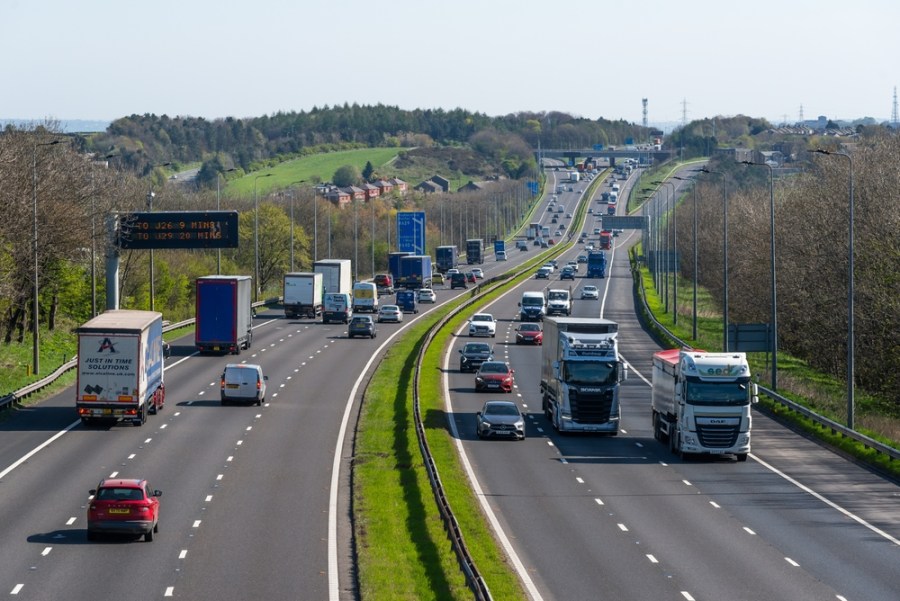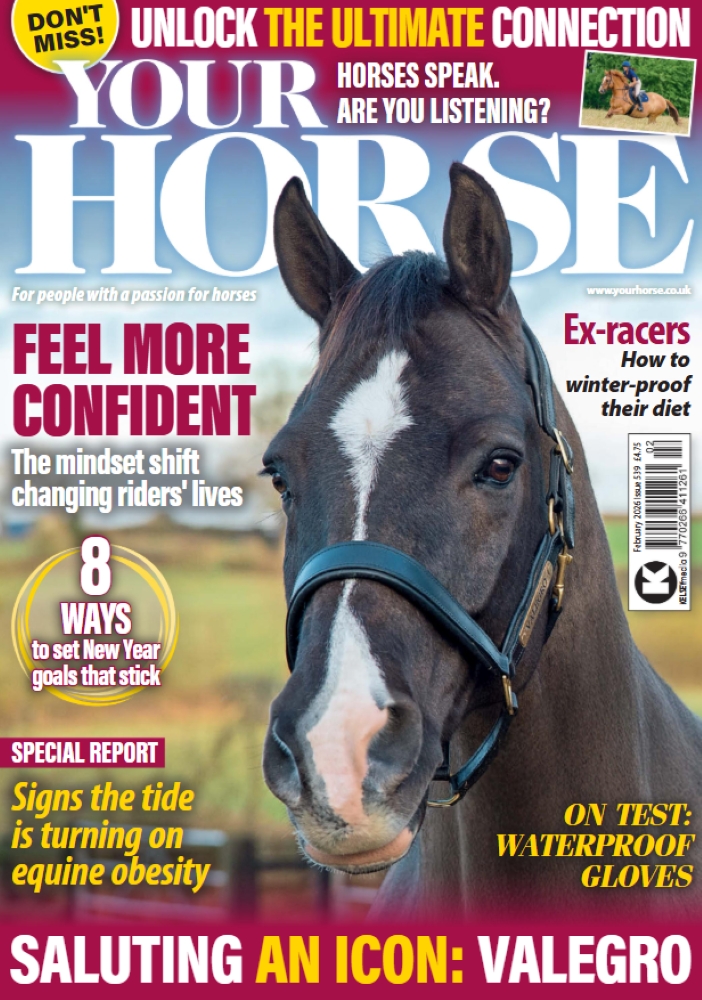Law breaking is widespread in the horse transport business and the Driver and Vehicle Standards Agency (DVSA) is not taking enough action, claims one transporter.
The small business owner, who does not want to be identified, says many people advertising transport in 3.5t boxes and trailers are overloading the vehicles and he says others are using larger boxes without the correct licences.
“The inattention of the DVSA to the equine transport industry warrants urgent action,” he told Your Horse.
The recent welfare cases highlighted by World Horse Welfare, where horses are smuggled to slaughter abroad in poor health, do not surprise him.
“As a licensed and complaint horse transporter and horseman myself, I have spent considerable time reporting clear breaches of operator licensing laws to the DVSA and Office of the Traffic Commissioner, yet enforcement action appears to be non-existent.”
This whistleblower has reported around 30 different incidents to the DVSA in the past 18 months, but claims that no action has been taken against any of the individuals.
“There is a consistent practice of offering more space in a lorry than can possibly be legal,” he said.
“The payload of a 3.5t lorry is around 900k, which means unless you’re transporting Shetlands or minis you are realistically only going to be able to fit one horse onboard, yet transporters are regularly advertising with wording like ‘extra space on box travelling north’.
“My company won’t do that and so we are constantly being undercut by these transporters.”
DVSA response
If you move horses to Europe as a business, no matter the weight of your lorry, you need an operator licence, but a number of operators ignore this rule, said our informer.
“I have told the DVSA about a number of people who are breaking this rule but still see them operating,” he said.
“It’s the same with the licence you need to transport other people’s horses in a box larger than 3.5t. People feel the authorities will not stop a horsebox because of the nuisance if they need to stop it going any further — they would become responsible for the horses and that’s a headache.”
When Your Horse contacted the DVSA about these claims, a spokesperson for the agency said: “DVSA’s priority is to keep everyone safe from unsafe vehicles and drivers.
“The users of goods vehicle combinations over 3,500 kg, when used commercially, require an operator licence. DVSA enforce these requirements at the roadside and at operator premises using a number of targeting tools as well as acting on any intelligence provided.
“DVSA will take action where non-compliance is detected, and depending on the severity of the breach, this may result in prohibitions, fixed penalties or impoundment.”
‘Far below welfare standards’
The lax attitude to the law shown by some horse transporters means they have not undergone the mandatory training in safe care of horses in transport. Their vehicles are also not subject to the rigorous safety checks that those of legitimate transporters have passed.
This could have serious implications for equine welfare.
“We are aware of some transporters moving horses without operating licences,” World Horse Welfare chief executive Roly Owers told Your Horse.
Roly pointed out that in the cases of the Dover 26 and the Trafficked 20, — two high-profile cases of a large number of horses being illegally smuggled — both transporters were correctly licensed and held the appropriate authorisations.
“Technically, they were legally allowed to transit horses, but the conditions in which the horses were being moved fell far, far below welfare during transport standards and in the case of the Dover 26 we also know the horses were being moved under fraudulent paperwork,” he said.
Operating under the radar
Roly added that there are two critical aspects of adequately protecting horses being transported. These are regulations that are fit for purpose, and better enforcement.
“When the government was looking at revising the welfare during transport legislation, our call included a clearer definition of ‘commercial’ movements to make it harder for operators to fraudulently declare commercial consignments as private,” he explained.
“Unfortunately, along with a move to digital equine ID, this revision has currently been paused, so not only are the horses that are being moved untraceable but the transporters are also operating under the radar.
“Secondly there needs to be stronger and more effective enforcement taken against these individuals, something that requires improved intelligence gathering and sharing to ensure they are held to account,” continued Roly.
“This will not only disrupt the illegal trade in horses but also protect horse owners who are using the services of transporters in good faith unaware that they are required to have the correct transportation licences.”
Stock image © Shutterstock








